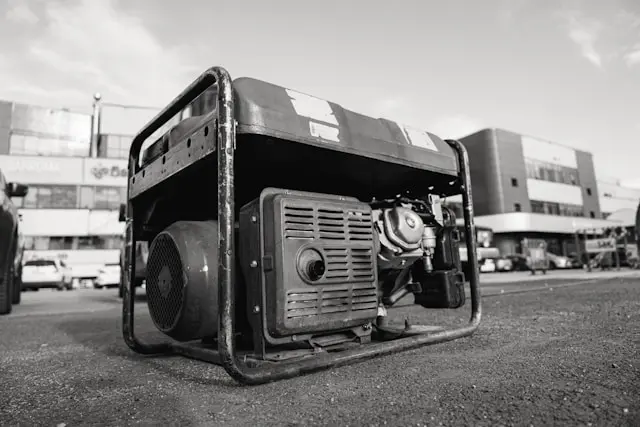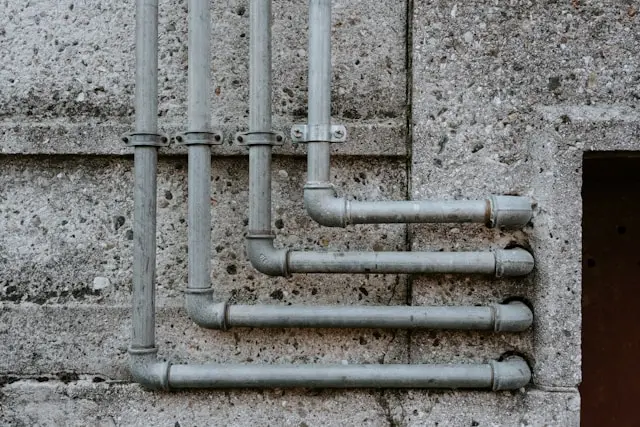Key Takeaways
- Backup generators offer crucial support during power outages, ensuring homes remain functional.
- Understanding the different types of generators and their benefits can help homeowners make informed decisions.
- Proper maintenance and knowledgeable installation are key to maximizing the lifespan of a generator.
Table of Contents
- Introduction to Backup Generators
- Why Backup Generators Are Essential
- Types of Generators for Home Use
- Benefits of Having a Backup Generator
- Key Considerations Before Purchase
- Installation and Safety Tips
- Regular Maintenance Practices
- Future Trends in Generator Technology
- Conclusion
Introduction to Backup Generators
Backup generators are essential devices that provide electricity during power outages fueled by gas, propane, or diesel. As households increasingly rely on electricity for communication, work, and leisure, they invest in generators to ensure continuity in daily routines, protect against power loss inconveniences, and protect against potential economic losses and security issues. This is where generators come into play, providing a reliable backup during outages. Backup generators are becoming increasingly popular due to their affordability and technological advancements. They provide peace of mind during power outages, ensuring daily activities go uninterrupted and preserving comfort and safety. These generators can power essential appliances, such as refrigerators, during storms or medical equipment, significantly improving quality of life.
Why Backup Generators Are Essential
Power outages can disrupt daily routines, damage appliances, and compromise safety. Back-up generators have become increasingly essential as storms are occurring more frequently and with greater intensity, driven by climate change. A report on climate change impacts predicts a rise in severe weather events, emphasizing the need for home resilience. Backup generators and reliable electrical products help homeowners mitigate risks during extended outages, protecting devices from spike damage and maintaining critical needs like heating and lighting. These systems offer a practical solution to enhance preparedness and reduce the impact of power interruptions on modern living.
Types of Generators for Home Use
Standby Generators
These are permanently installed devices outside homes, similar to central air units. They offer smooth, automated power during blackouts and are powered by natural gas or propane. Standby generators start automatically within seconds of a power outage, ensuring no lapse in comfort or security. They are ideal for long-term use and can handle higher power capacities, making them suitable for running multiple home appliances simultaneously.
Portable Generators
These versatile generators can be moved to different locations. They are powered by gasoline and need to be manually started, but they’re handy during short-term emergencies or for specific tasks like camping or outdoor events. Although they require more hands-on operation compared to standby generators, they are cost-effective for temporary and localized power needs and are easy to store away when not in use.
Inverter Generators
Known for being quiet and fuel-efficient, inverter generators are ideal for sensitive electronics. They produce clean energy, which prevents power surges that could damage devices. With the ability to adjust engine speed based on power demand, they offer efficient operation and reduced noise, making them perfect for residential areas and eco-conscious users.
Benefits of Having a Backup Generator
Backup generators provide numerous benefits, including continuous power supply to critical appliances like refrigerators, sump pumps, and medical equipment. They safeguard your home environment by maintaining lighting, heating, or cooling systems, thus enhancing safety and comfort. Beyond emergencies, having a generator can also be considered a wise investment in regions prone to natural disasters, increasing your property value and providing peace of mind to potential buyers.
Key Considerations Before Purchase
When choosing a generator, size and power output are critical considerations. It is vital to select a generator that meets your home’s energy needs without overspending. Determine the power needs of the appliances you plan to run and choose a generator with much more capacity to manage surges. Fuel type affects both environmental effects and operational costs, so consider your options carefully to find a balance between sustainability and budget.
Installation and Safety Tips
- Position the generator at least 20 feet from your home to prevent carbon monoxide poisoning.
- Professional installation is advised to maximize performance and guarantee adherence to local codes.
- Put carbon monoxide detectors in place to shield your family from odorless, invisible pollutants.
- Ensure that qualified personnel regularly inspect the generator to maintain safety and efficiency.
Regular Maintenance Practices
Keeping your generator in good working order requires routine maintenance. This includes oil changes, filter replacements, and thorough inspections. Referring to an energy maintenance calendar can help you track when it’s time for upkeep, ensuring your generator is ready when needed. Routine checks on fuel levels, battery health, and connections also contribute to longer service life and reliable performance during emergencies.
Future Trends in Generator Technology
The future of generator technology is leaning towards more sustainable and energy-efficient solutions. Innovations include solar-powered generators and home batteries, which reduce reliance on fossil fuels while offering sustainable alternatives for backup power. These developments will become more widely available and reasonably priced as renewable energy continues to gain traction, enabling homeowners to preserve their energy security and promote environmental preservation.
Conclusion
Backup generators are vital in securing home safety and comfort amidst electrical outages. While they come with an upfront cost, their long-term benefits to security and continuity in daily life make them a worthwhile investment. Understanding generators’ types, benefits, and maintenance requirements ensures that homeowners can make informed decisions that fit their needs and lifestyle, offering uninterrupted power supply and peace of mind in an increasingly digital world.



